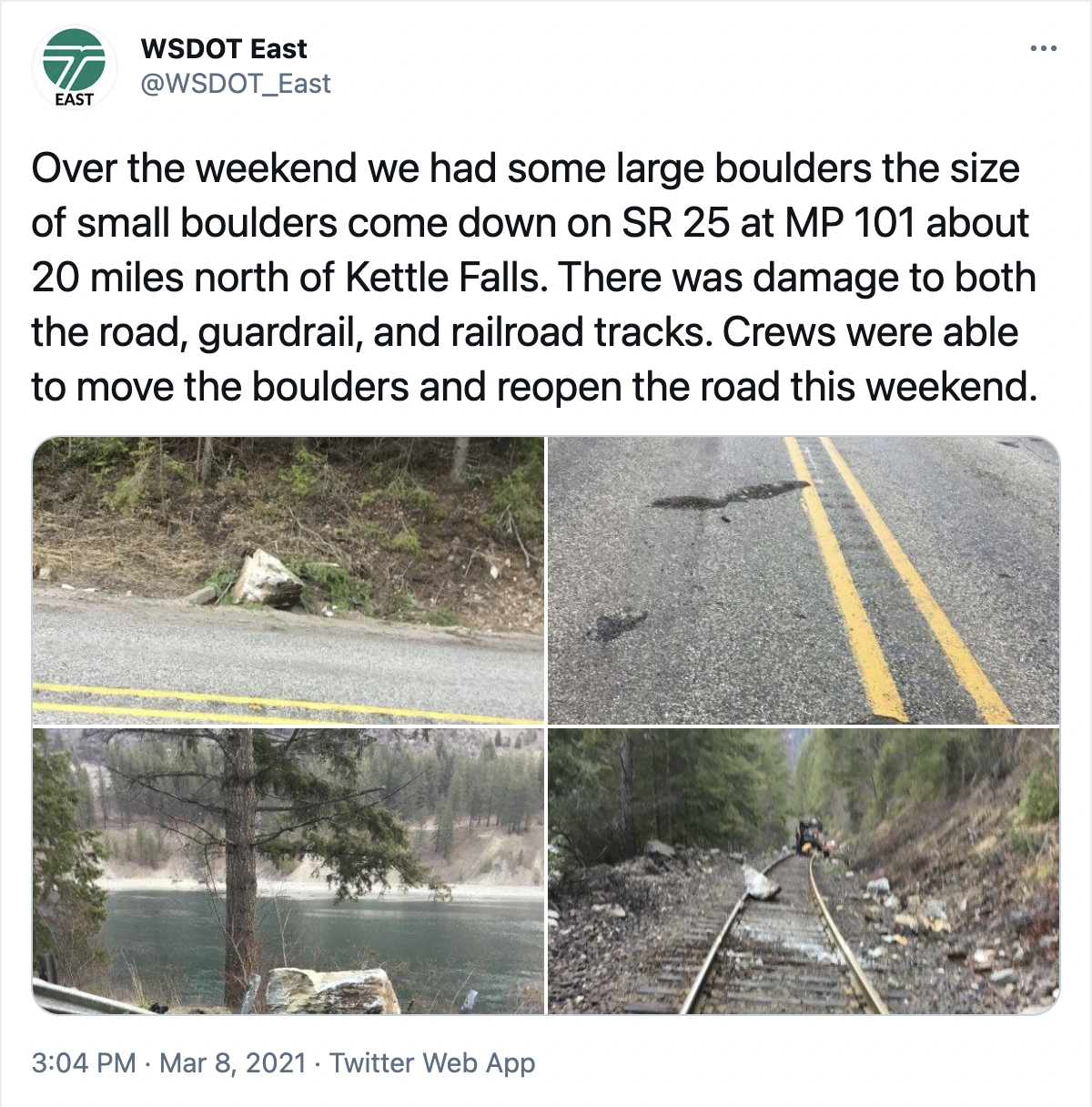More than five years have passed since Sandy Hingston spoke truth to power:
Daylight Saving Time is killing us. It increases your chances of having a heart attack or stroke, increases air pollution, decreases economic production, causes skin cancer, and has been linked to increased rates of depression and suicide. It’s damned inconvenient, and nonsensical, too.
And yet here we are, again pretending that we somehow have the power to manipulate the fourth dimension (sav•ing n. 1. Rescue from harm, danger, or loss. 2. Avoidance of excess expenditure; economy. 3. A reduction in expenditure or cost. 4. Something saved.*).
Basically, Daylight Saving Time benefits golf courses and the barbecue industry at the expense of our lives and well-being. Sounds about right.
*American Heritage Dictionary of the English Language, fourth edition.


